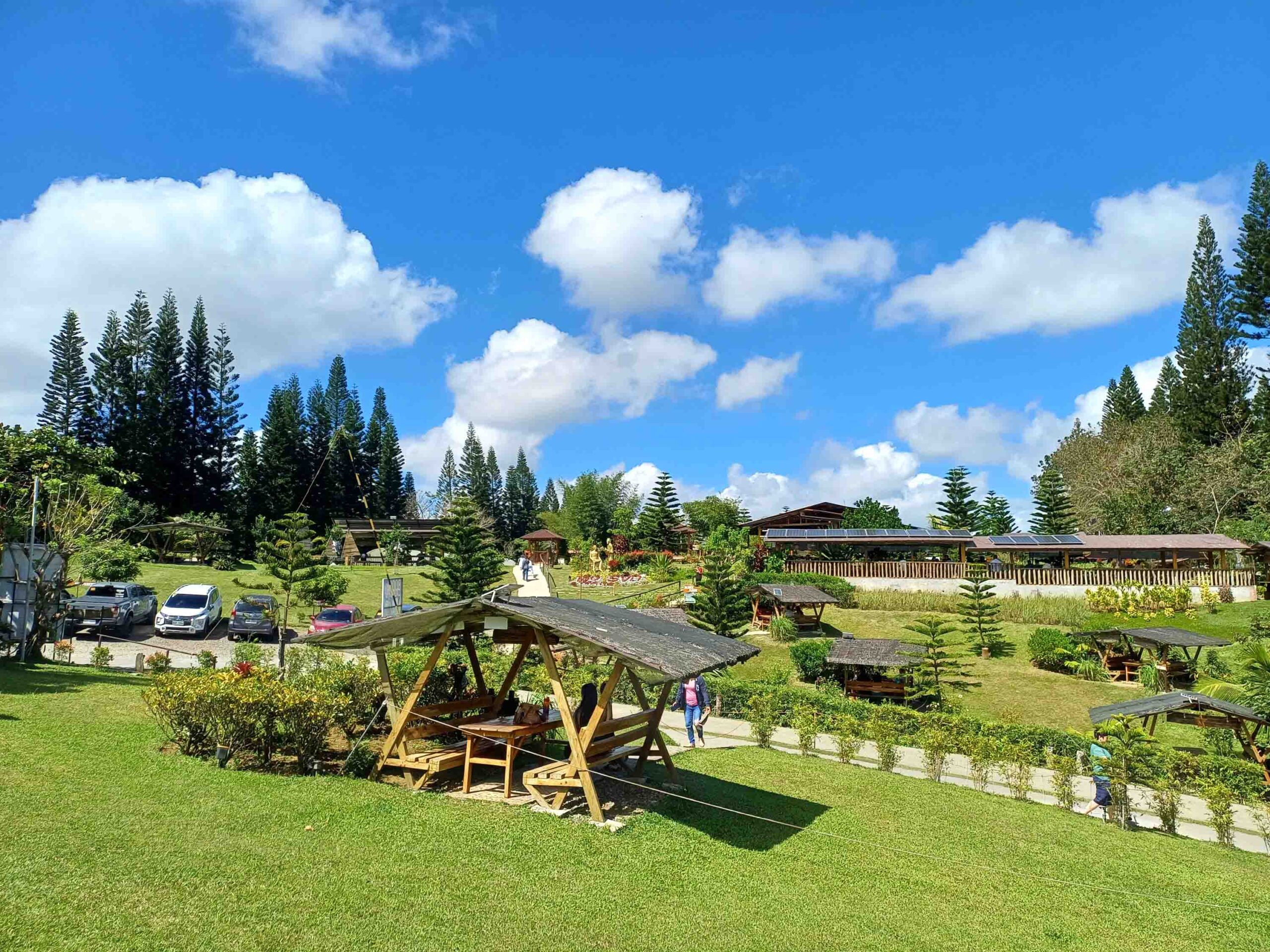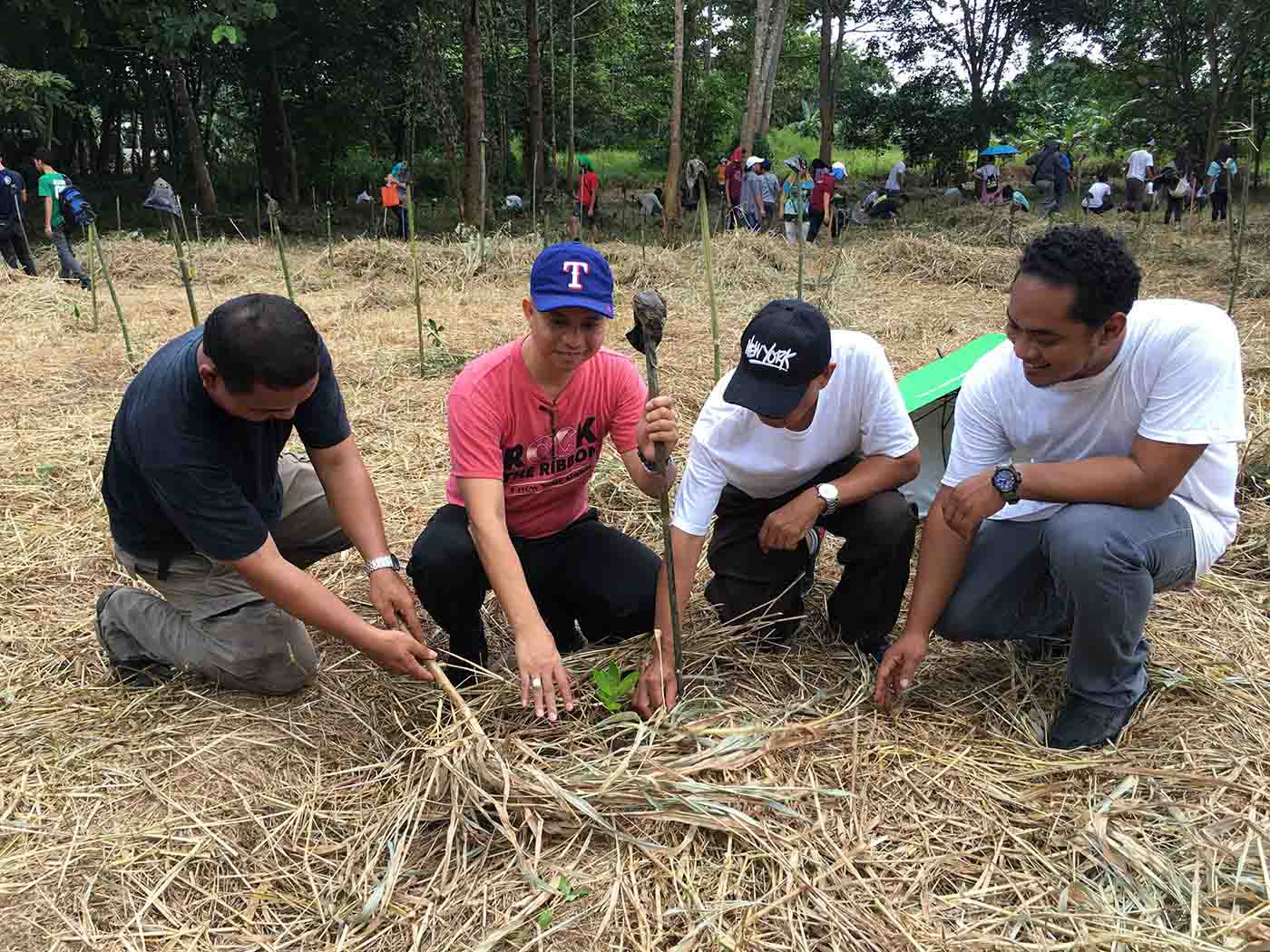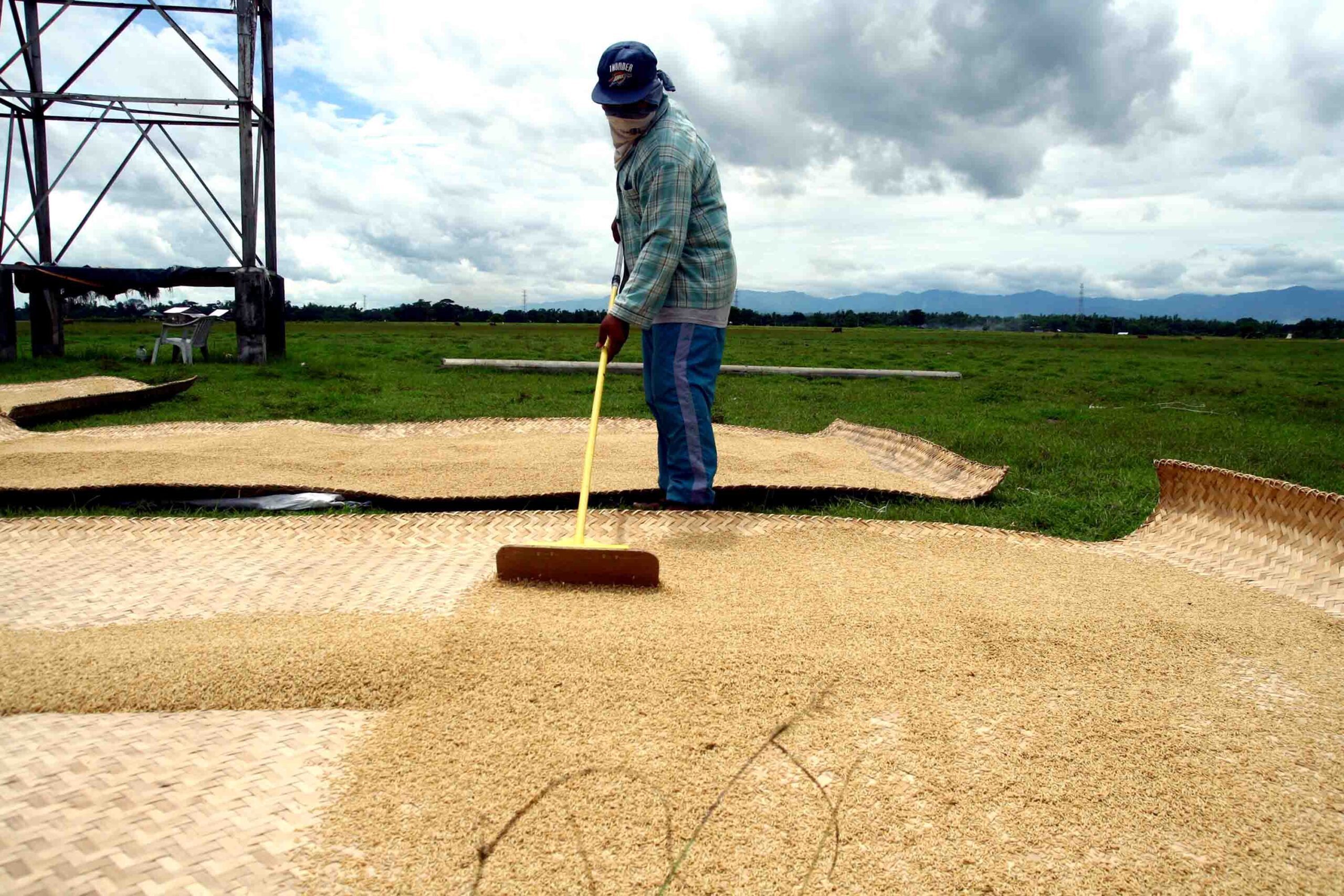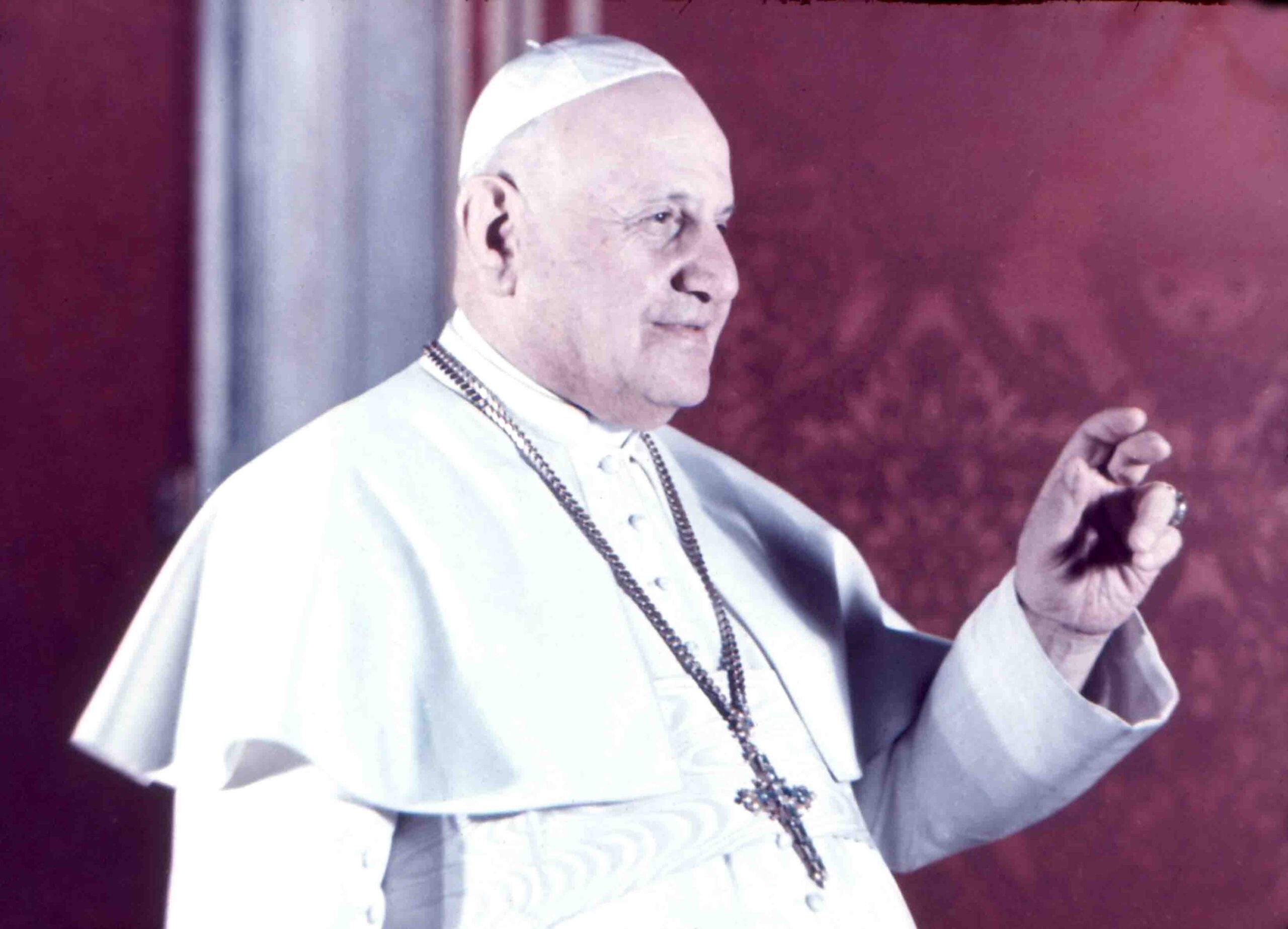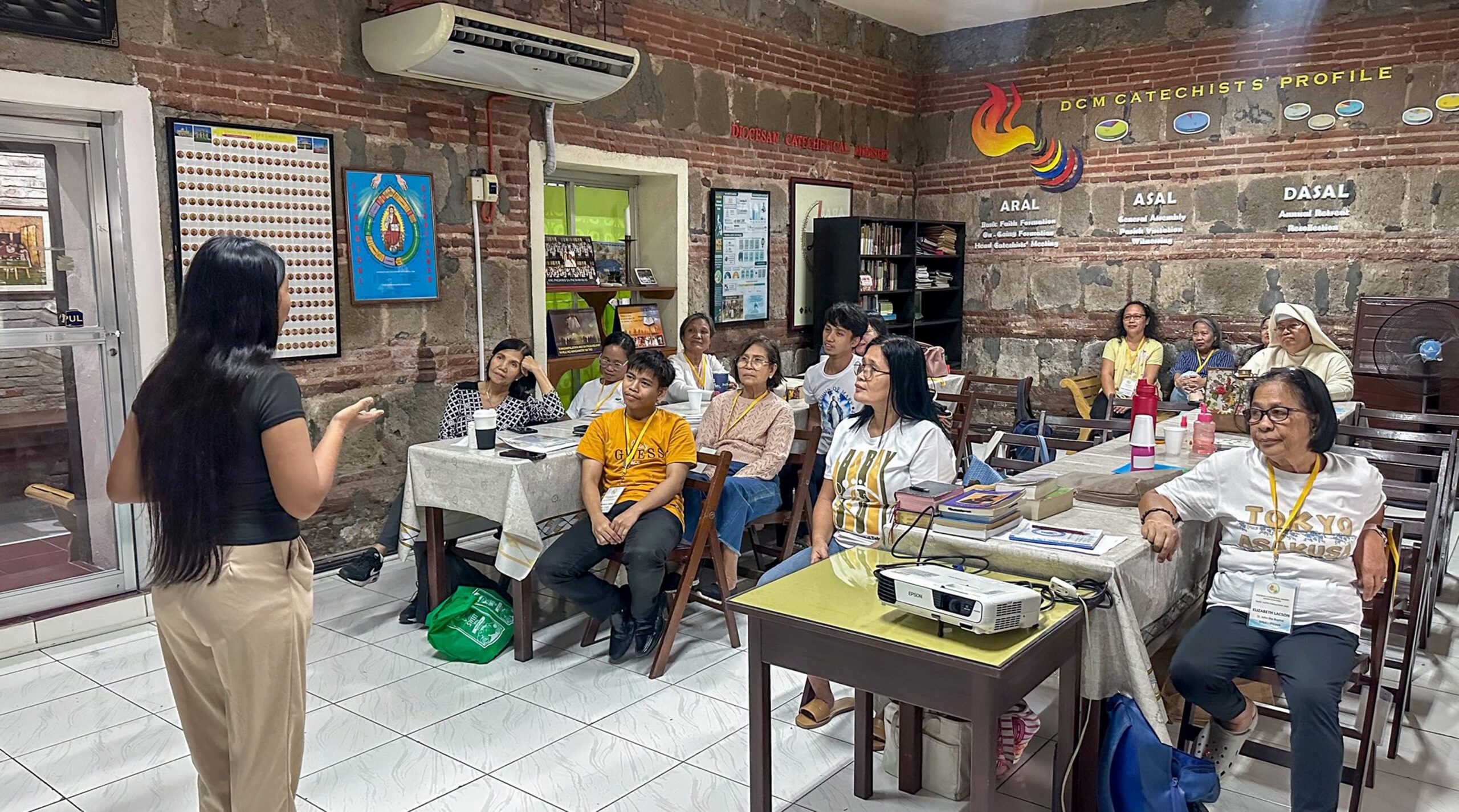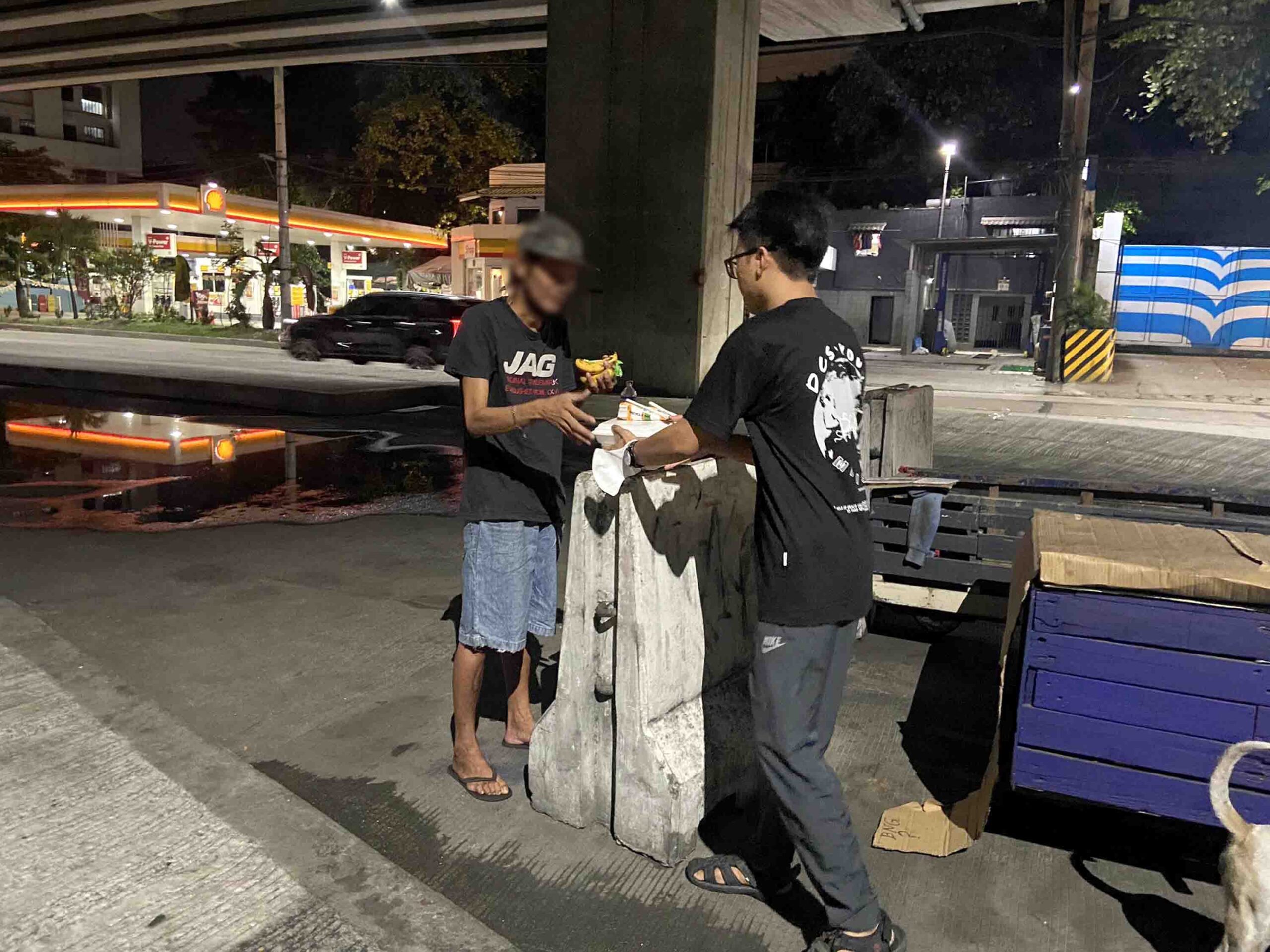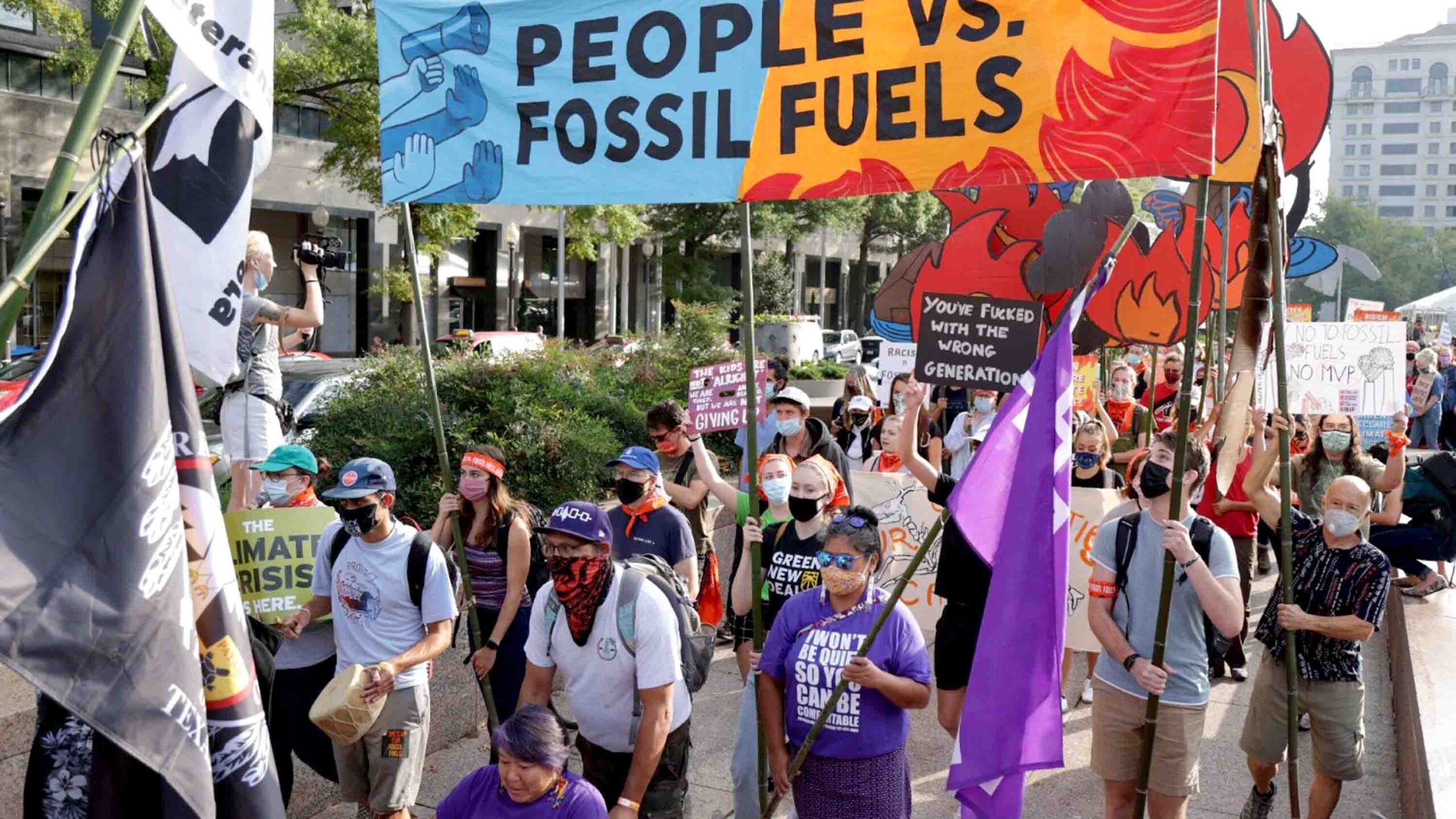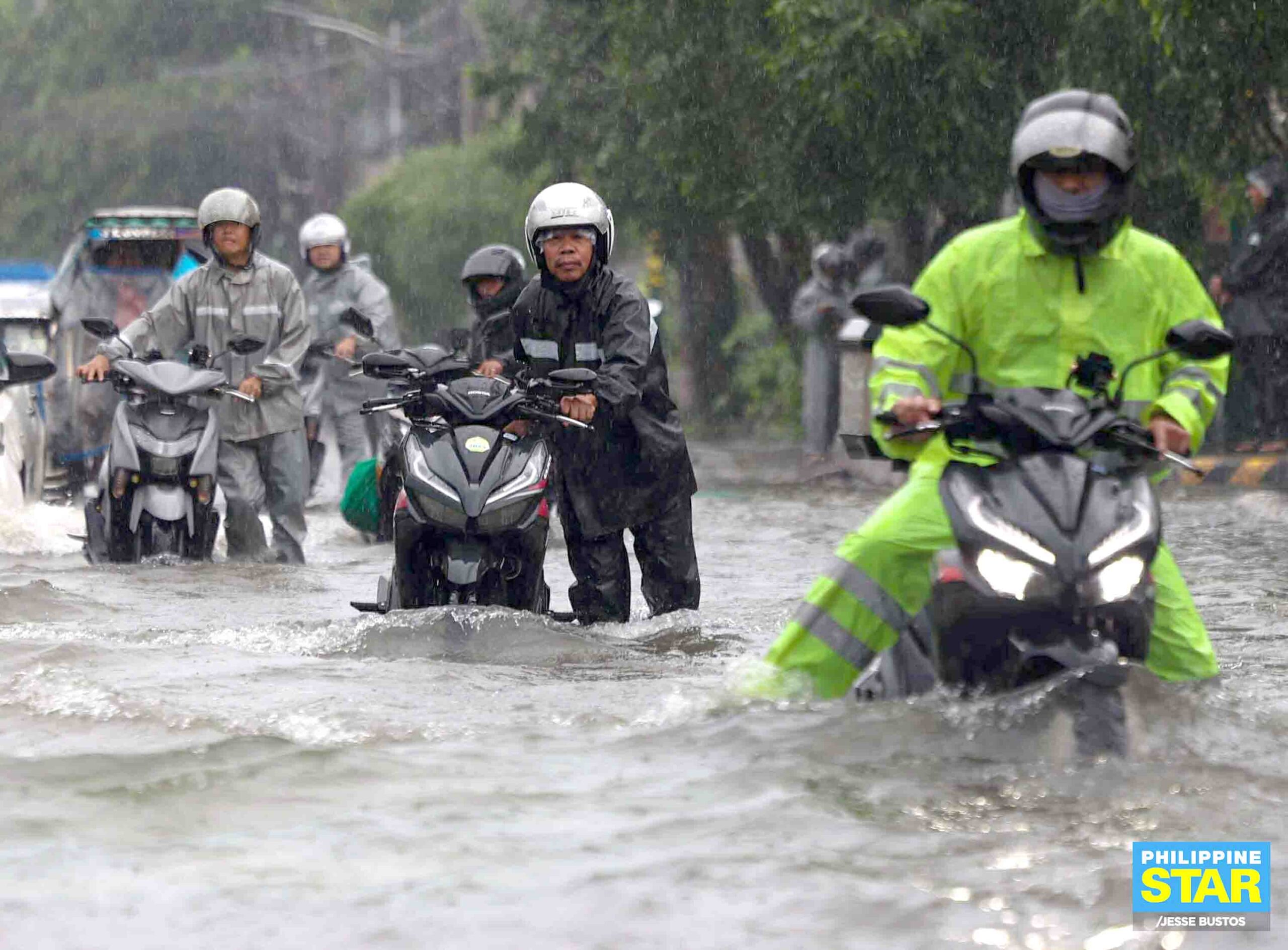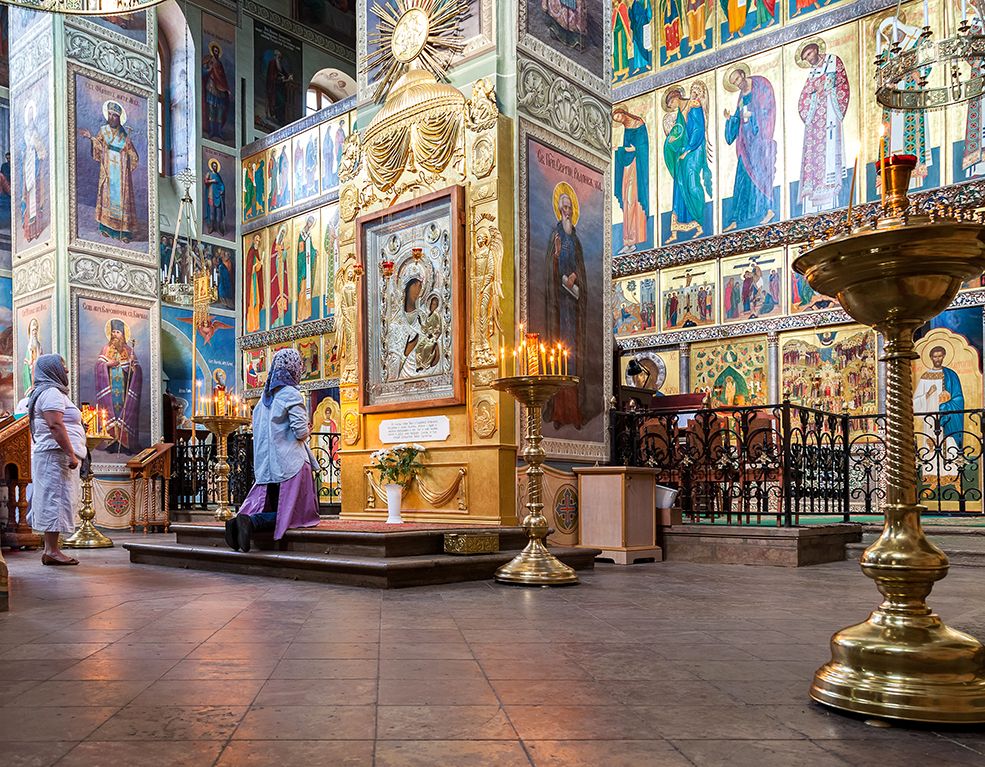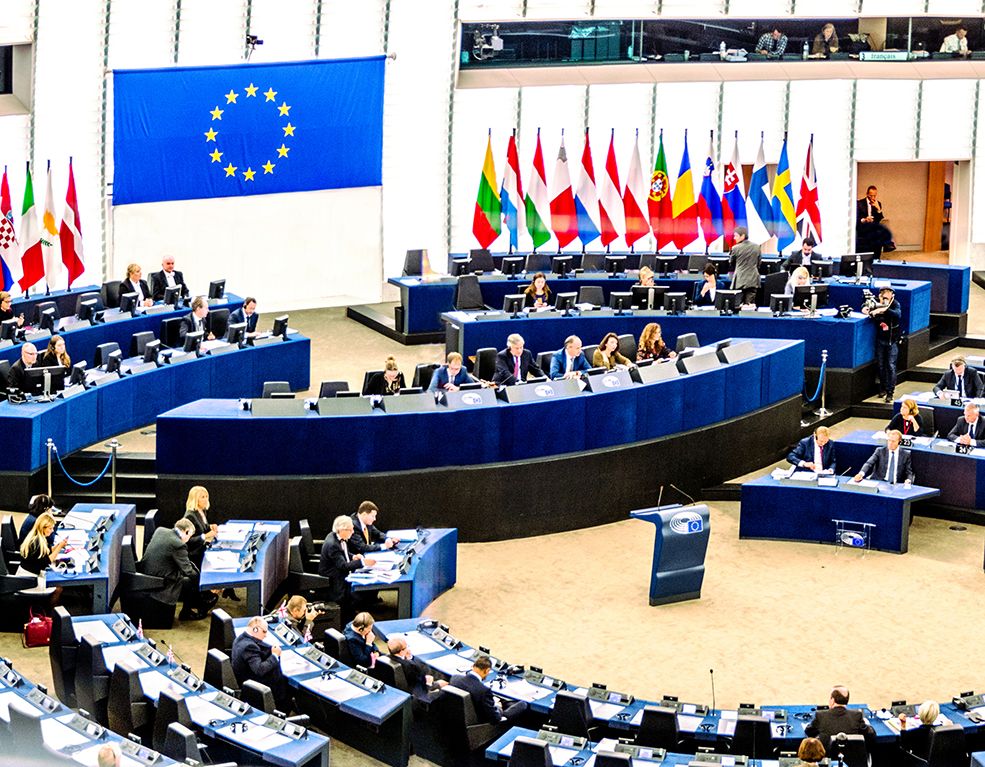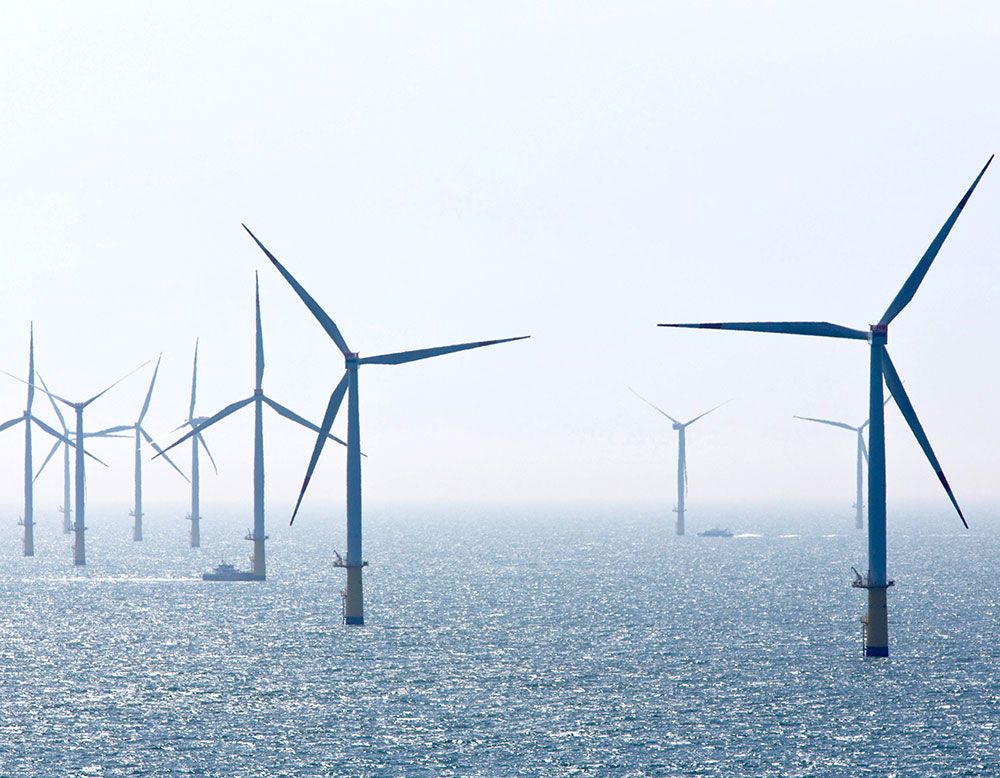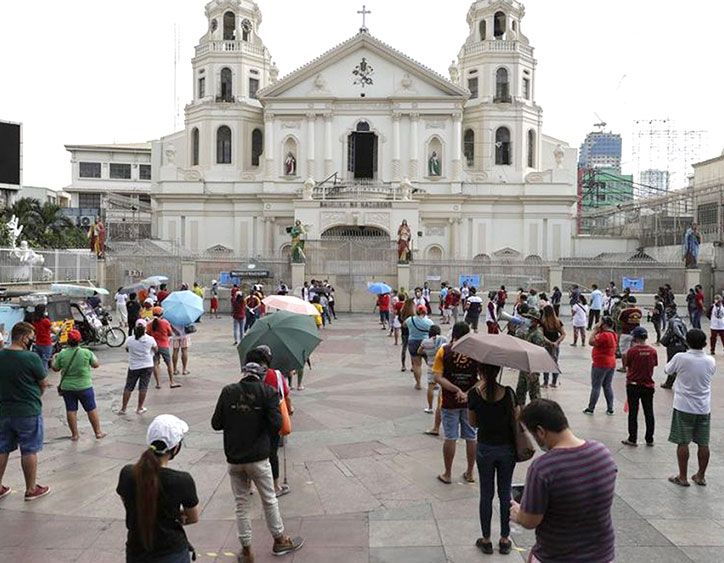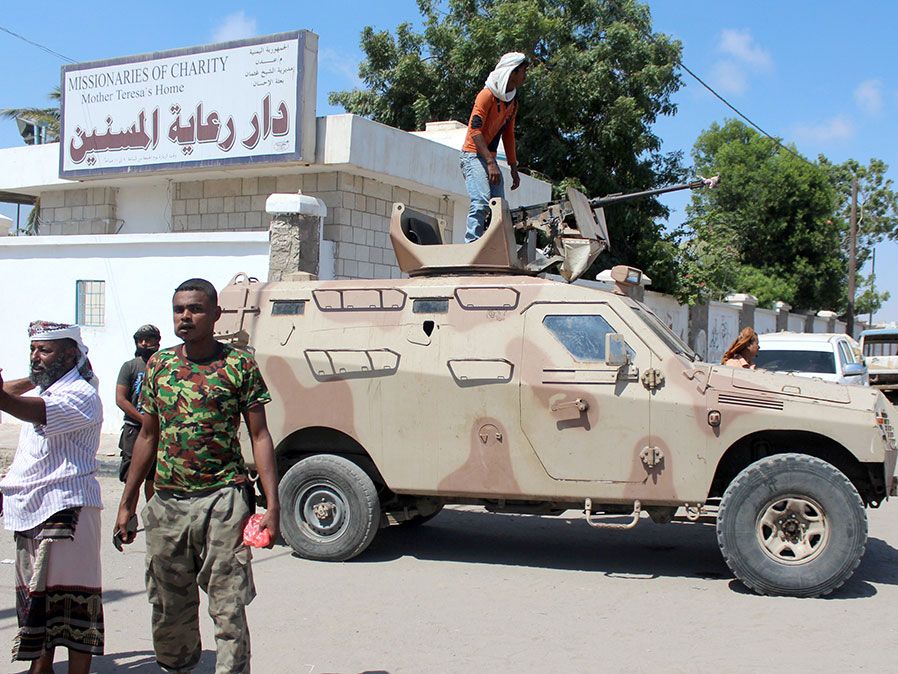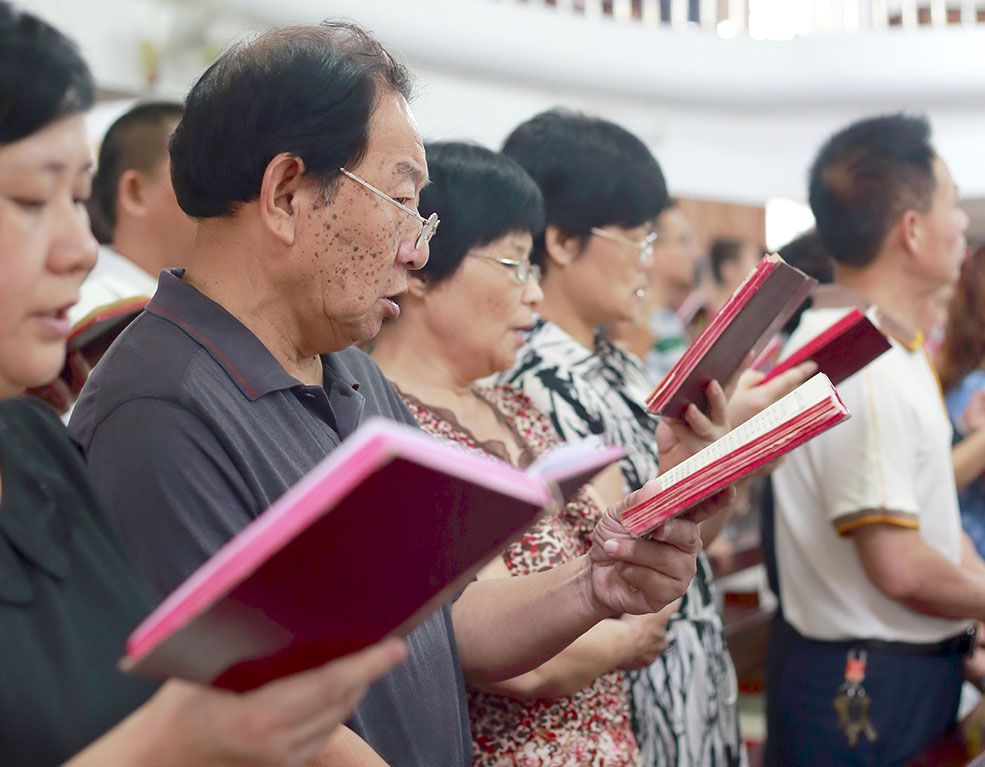Unproductive in the past many years, the six-hectare land, which is now thirty percent solar-powered, currently hosts about 5,000 guests on a weekend day. Four years ago, the place was “an idle land in the past 60 years,” said Fr. Samuel Naceno Agcaracar, executive director of SVD Laudato Si’ Farm.
The first SVD fathers arrived in Tagaytay in the early 1960s and focused on the development of the Divine Word Seminary, he explained. The seminary stands on a separate land that measures seven hectares.
Tagaytay is a city in the province of Cavite about 60 kilometers south of Manila, regarded as the Philippines’ second summer capital. The farm “was never used except for some years” for growing coffee and pineapples, Agcaracar said. Spanning ten years before the congregation started its development just a few years ago, the farm was largely a forest.
REVIVING FACILITIES
Today, the facilities on the farm include among others a retreat house, twenty units of kubo (hut) for overnight retreats, two conference centers for training and retreats, two restaurants, a vegetable store, ten greenhouses, and a chapel. The farm currently employs more than 100 people who raise animals and grow crops, prepare and serve food and drinks at its restaurants, accommodate guests, and keep the place in order.
Two and a half hectares of the land are used for farming, the three and a half hectares for tourism. But the land used to grow crops and animals is also frequented by tourists, local, and international. When a guest orders a catfish, the staff will go to the pond and catch it, the priest said.
The restaurants prepare and serve pizzas and pastas, as well as local cuisines, like the popular bulalo (beef shank and bone marrow soup with cabbage, corn, and beans), said Joylene V. Leynes, SVD Laudato Si’ Farm marketing and sales head.
About 4,000 to 5,000 people visit the farm on a weekend day, she noted. On a weekday, the number of guests reaches 400 to 600. During summer, especially Holy Week, the farm accommodates more guests who visit the place for the Lent observance, Leynes noted.
ECOTOURISM DESTINATION
The development of the farm from its unproductive state for decades into an ecotourism destination that it is today is a collective effort by laypeople and concerned citizens. “It all started with a simple dream, but eventually became a project of many people,” Agcaracar said. “Many people because many partners helped. But all are volunteers and have no personal interests.”
“This farm is a response to the food and financial crisis due to the coronavirus pandemic lockdown,” Agcaracar said. “We had to do something to maximize the property since the health crisis and the government restrictions also affected our benefactors.”
As rector of the seminary, he took the responsibility of looking for means to keep the institution provided. There was also a directive from the congregation in Rome for the seminary to be self-reliant due to the global impact of the coronavirus.
“Basically, the immediate motive was the financial consideration, sustainability of our finances in the seminary,” Agcaracar said, noting that the seminary had relied on local and overseas benefactors. “But in a deeper sense it was a response to the call of Laudato Si’.”
Laudato Si’, the second encyclical of Pope Francis, drove the congregation to put its holistic vision into reality. “We share that vision with our partners, friends and their families, and benefactors,” the rector said.
FARMING AND ECOLOGY
The transformation of the six-hectare land also faced challenges since it is an integral approach to farming and ecology. They rose above challenges by working on the visions and missions of the farm. The vision is to transform the idle land into a place where “one encounters God, nature, and others,” the priest explained.
The missions of the farm are embodied in four Fs: Farming, Food, Faith, and Family. It also offers masses, confessions, and has a retreat house “where people can rest and contemplate on nature and God.”
Farm-to-table dishes are served by its restaurants. The farm also offers a space for the family for the chance to be together in an environment outside home. “The big problem of the government today is food production and we are trying to respond to that,” he adds.
CLIMATE EMERGENCY
After just four years since the congregation started to transform the land, it also assists economically challenged people around the area. Agcaracar believes the government, people, and the church can coalesce around safeguarding, preserving, and enriching the environment.
“This project is a common ground for the government, civic organizations, and the church to come together for the good of the environment,” he said. “And yes, we can do something.”
As a response to global warming and climate emergency, the farm practices FEWLKL as its six pillars for sustainability: F stands for farming, E for energy, W for water, L for livelihood, K for knowledge, and L for lifestyle. The farm encourages guests to duplicate these practices in their respective communities and personal environments.
The farm practices organic farming and taps renewable energy and resources. It is currently equipped with a water harvester, which collects and stores rainwater for use in farming. It’s looking at becoming greener in terms of energy use and working for full transition to solar energy. “We continue soliciting for funding for our solar energy,” Agcaracar remarked.
Thirty percent of the farm is currently tapped to solar energy. The seminary also encourages its seminarians to engage in farming as a lifestyle and develop a sense for sustainability.
The farm employees also set up a cooperative in 2024. The congregation organized them into a cooperative “to empower them.” The cooperative members could also bring products they produced at home and sell them at the farm.
FARM FORMATION
A structure on the farm is dedicated to the financial empowerment of its employees. It will serve as a training center to further equip the employees with skills and know-how. The center received monetary support from Germany.
The transformation of the land involved “an integral approach and elements of divine providence, because we are a formation house,” the priest said. “And I think the faith aspect is very strong.”
He also credits benefactors for the transformation of the farm. The conversion of the land from its idle state was not a walk in the park.
“It also created tensions because some did not understand the vision,” Agcaracar added. “Some did not understand why we needed to engage in farming. But for me, aware of what Laudato Si’ is and the challenge of climate emergency, food production, and all that, the church has to do something concrete.” Unfortunately, it was initially not a welcome idea.
“But the overwhelming support from people gave us the inspiration to move on.” Those people “are pro-ecology, pro-environment, because they see the vision and that our advocacies are a concrete response to protect our common home.”
SAFE SPACE
The farm has also become a space where different religions come together to care for the environment. “When we take care of our common home, especially with the climate emergency, it should be a call for all religions in the world,” Agcaracar explained. “It’s a concern that affects all of humanity, across cultures, across religions. And I think that is the spirit of ‘Laudato Si’.”
The coronavirus pandemic left a huge impact on the lives of people, the priest observed. The farm has been a space for the emotional recovery of patients. The farm opened its doors to the public in 2021. They will celebrate its fifth anniversary on January 29, 2026.
The priest recounted there were only a few structures on the farm when it welcomed guests for the very first time four years ago: a small kitchen, a café that served coffee and pastries only, and a few greenhouses.
But guests can now eat in the restaurants and in the wooden cottages named after Old Testament prophets, New Testament epistles, holy men and women of SVD, and their four martyrs, who were killed by the Nazis during World War II.
Schoolchildren come to experience and learn the importance of farming, marketing head Leynes added. The children can join in planting crops and trees. Aside from fresh vegetables, the farm also sells potted plants, like celery, lemon grass, eggplant, calamansi, tarragon, and more.
Currently, the farm is tapping organizations and people in securing its farming technology against natural calamities. Tourists trace and retrace this place for its beautiful landscape and the experience and services it offers. They also visit and revisit the place for spiritual experience.
With the farm itself concretely demonstrating in action the church’s teachings on creation, “You don’t need to preach a lot,” Agcaracar concluded.

